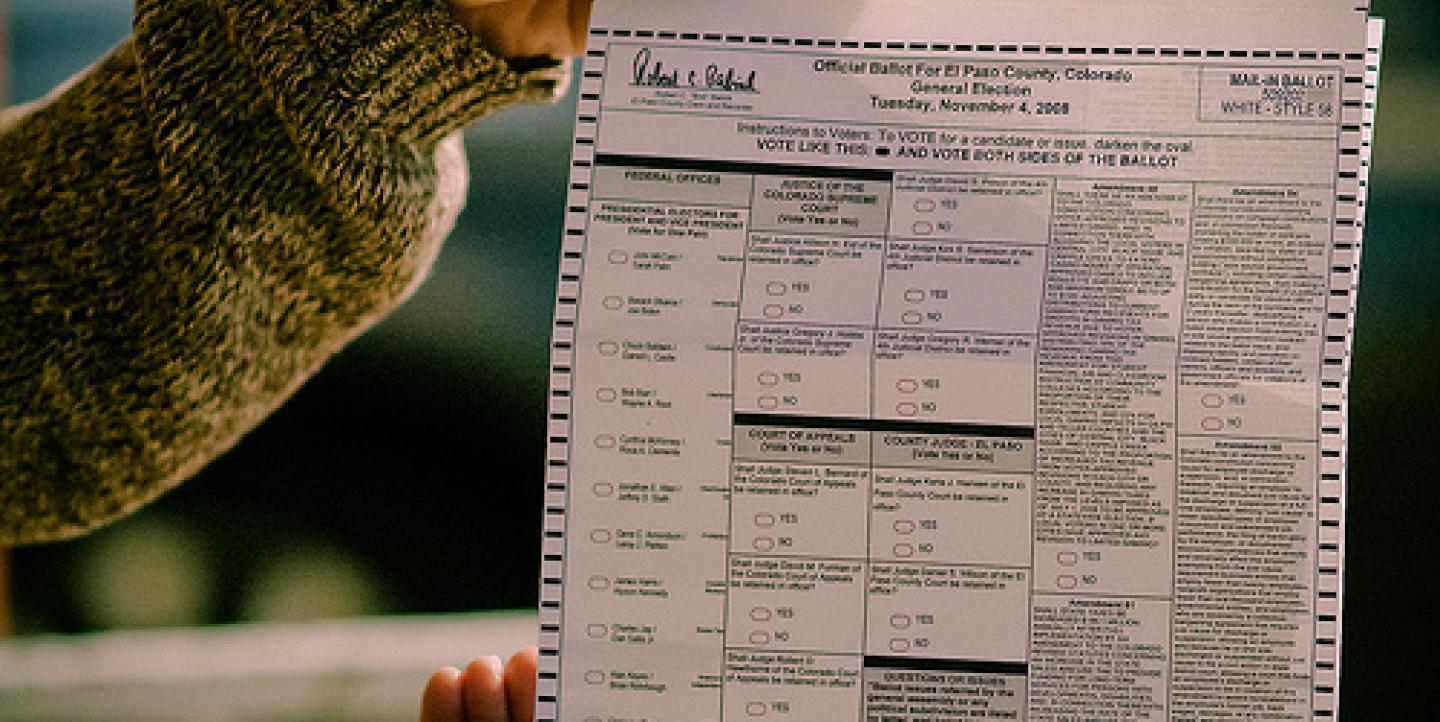Political coverage can be tricky with candidates saying anything to impress, and social media only speeds up the news cycle.
Social Media Week in Washington, D.C. featured a panel discussion on how political news is changing due to technology and social media. The panel included poli-news hotshots from the Huffington Post, Gannett, ABC News and Politico.
IJNet tuned into the livestream of the sold-out event and found a few tips and tools journalists can use during election season.
-
Hangout with Google+ on election night. Gannett reporter Laura Cochran suggested using the network for an interesting visual for online readers to capture political coverage as it happens. Include field reporters with in-house broadcasters to create a fast-paced play-by-play results and stories that include dialogue, context and getting the community engaged.
-
Stay in tune with online emotions. Politico reporter Keach Hagey said she uses "sentiment analysis" tools like PoliPulse to measure online conversation in social media, blogs and websites across five key issues - environment, education, the economy, healthcare and defense. Tap into the mood of the Internet to find story ideas and the right questions to ask during your next interview with a political candidate.
-
Don't let social media get in the way of doing your job as a reporter. With even President Obama and Newt Gingrich joining the ranks of Google Plus Hangout users and candidates (or usually their staffers) tweeting live to the public, politicians can connect with the public directly, but ABC News reporter Rick Klein said these are "just a version of advertising." Huffington Post reporter Laura Bassett warns to not let social media get in the way of asking the questions that matter. "It's our job to get more out of them and ask them the harder questions, to stump them or build trust with them," she said. "I still think there's a role for reporters outside of just getting from a candidate what he could put on Facebook or what his social media person could put on Twitter."
- Add Facebook Comments to your website to fuel political discussion. Though they may be a pain to moderate, Klein said social media should be about the conversation, and Facebook's plugin makes that easy to accomplish. Hagey said Politico has recently been integrating the comments tool into their stories and it softens the sometimes abrasive tone of political discussion online. "It's no longer anonymous and there are real names behind it, which has totally changed the debate around politics on our pages," she said.

